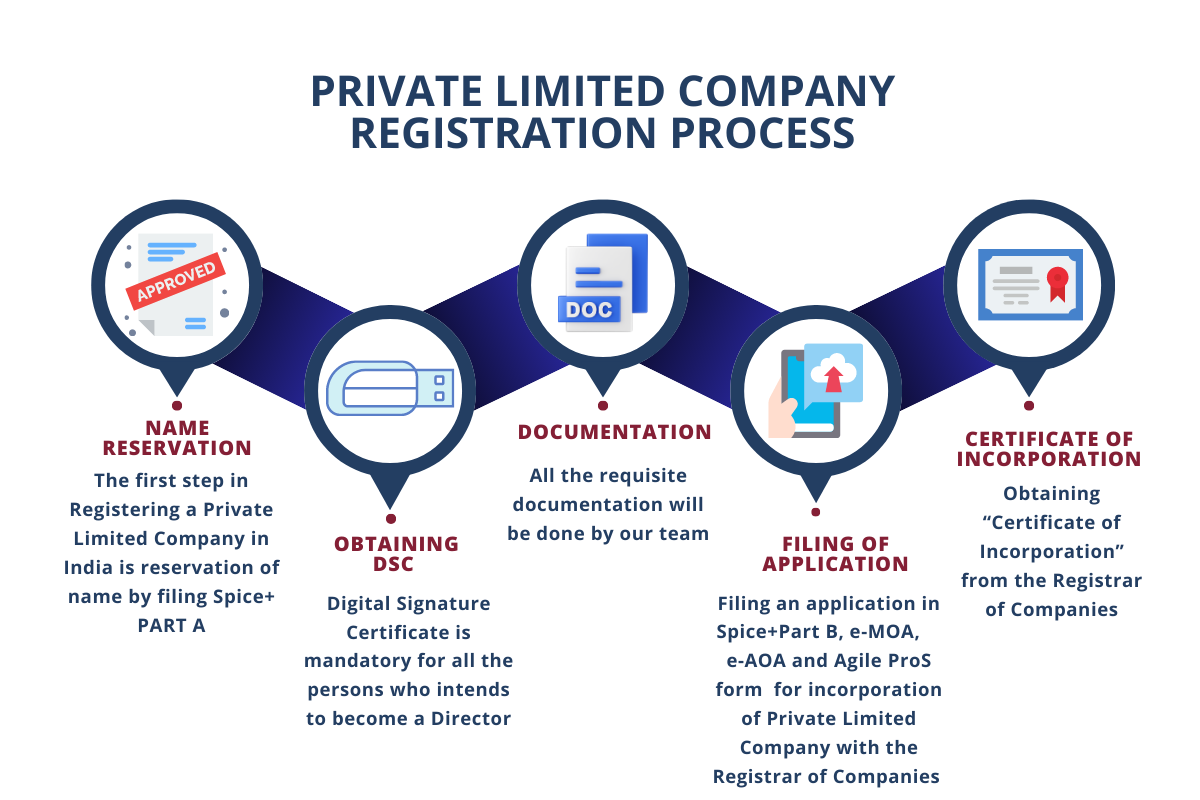

Taxation, imposition of compulsory levies on individuals or entities by governments. Taxes are levied in almost every country of the world, primarily to raise revenue for government expenditures, although they serve other purposes as well.
This article is concerned with taxation in general, its principles, its objectives, and its effects; specifically, the article discusses the nature and purposes of taxation, whether taxes should be classified as direct or indirect, the history of taxation, canons and criteria of taxation, and economic effects of taxation, including shifting and incidence (identifying who bears the ultimate burden of taxes when that burden is passed from the person or entity deemed legally responsible for it to another). For further discussion of taxation’s role in fiscal policy, see government economic policy. In addition, see international trade for information on tariffs.
In modern economies taxes are the most important source of governmental revenue. Taxes differ from other sources of revenue in that they are compulsory levies and are unrequited—i.e., they are generally not paid in exchange for some specific thing, such as a particular public service, the sale of public property, or the issuance of public debt. While taxes are presumably collected for the welfare of taxpayers as a whole, the individual taxpayer’s liability is independent of any specific benefit received. There are, however, important exceptions: payroll taxes, for example, are commonly levied on labour income in order to finance retirement benefits, medical payments, and other social security programs—all of which are likely to benefit the taxpayer. Because of the likely link between taxes paid and benefits received, payroll taxes are sometimes called “contributions” (as in the United States). Nevertheless, the payments are commonly compulsory, and the link to benefits is sometimes quite weak. Another example of a tax that is linked to benefits received, if only loosely, is the use of taxes on motor fuels to finance the construction and maintenance of roads and highways, whose services can be enjoyed only by consuming taxed motor fuels.
